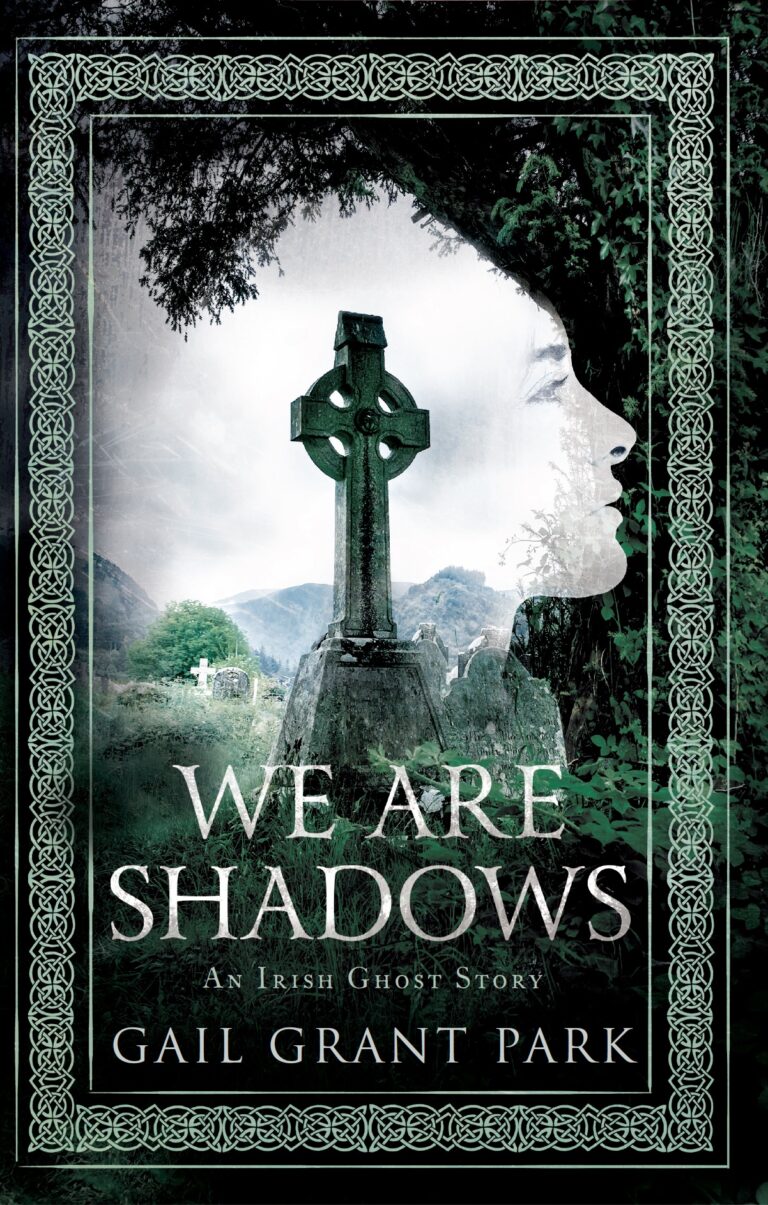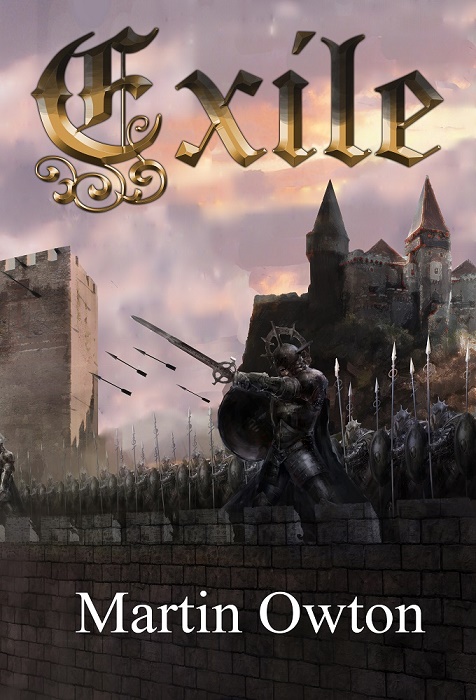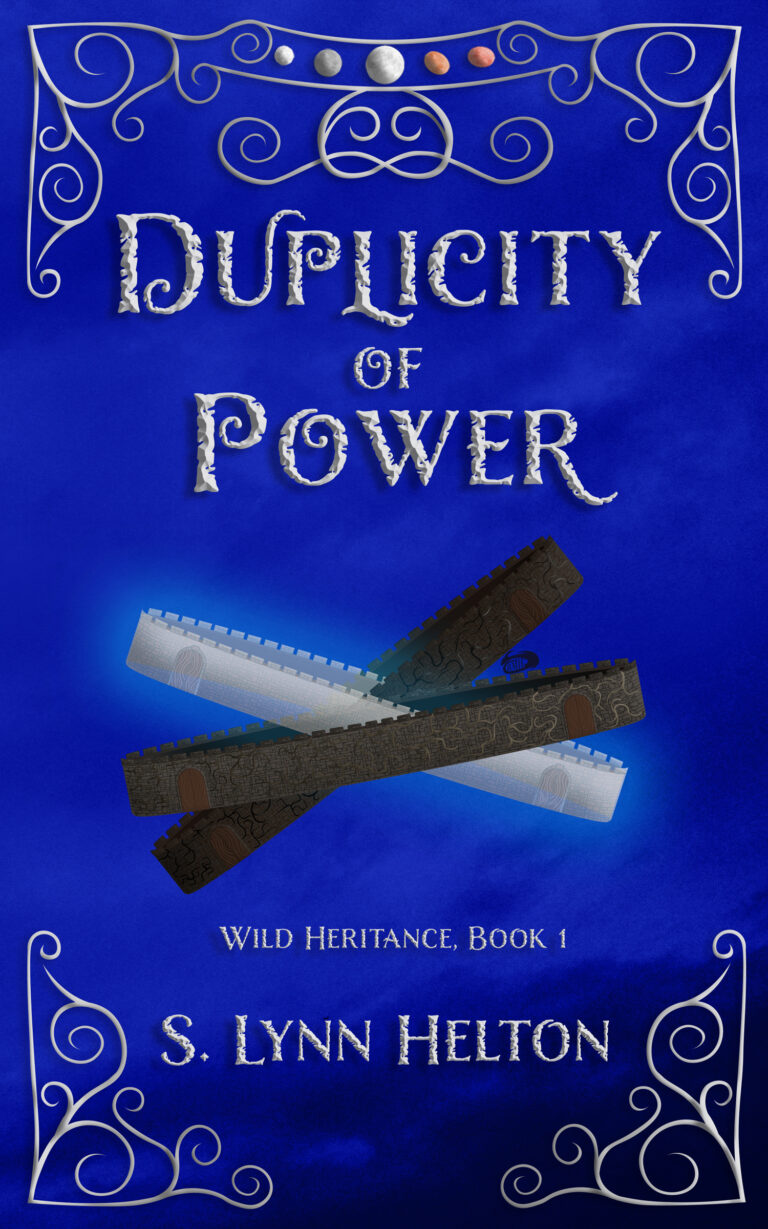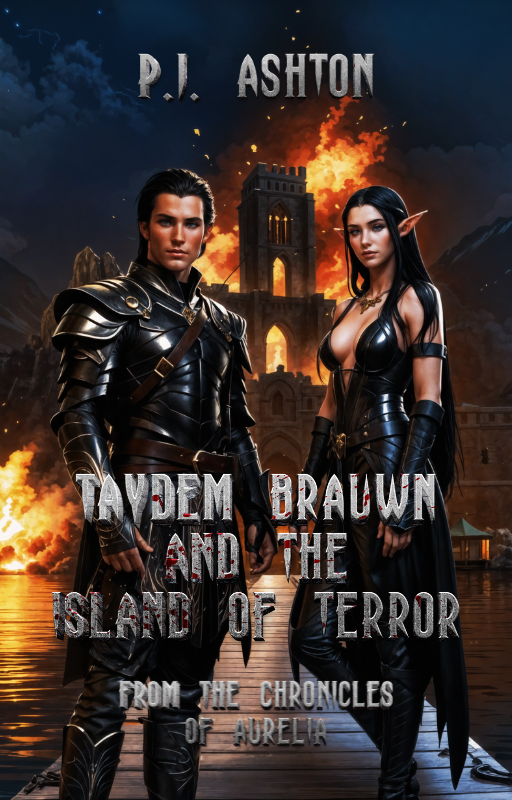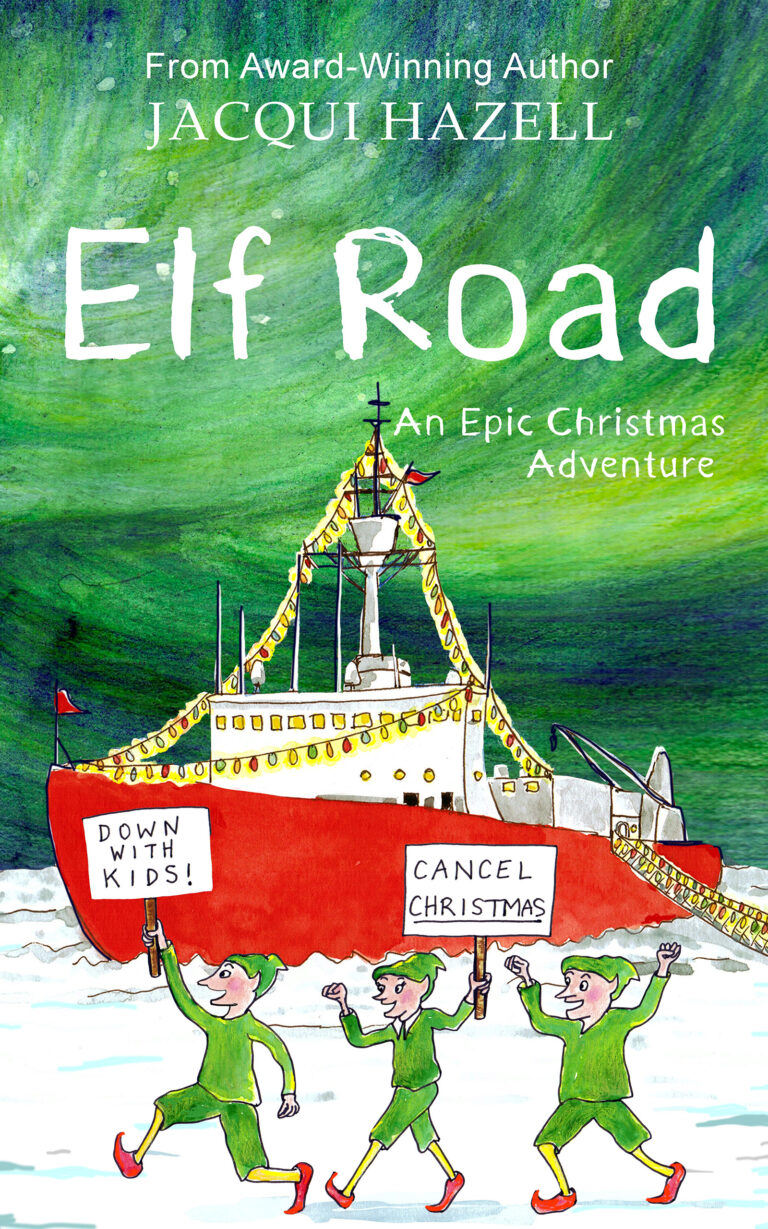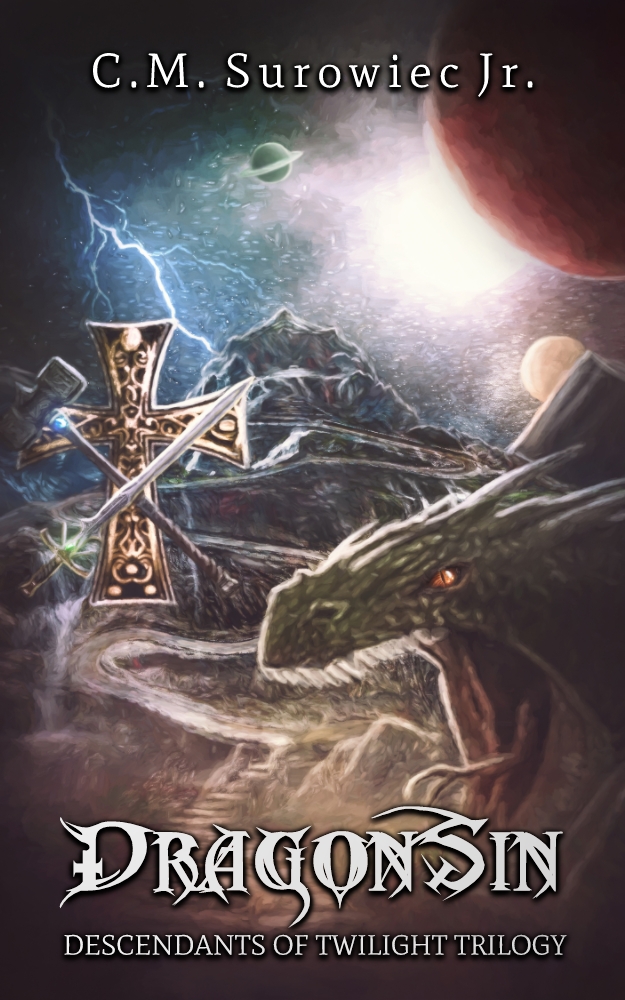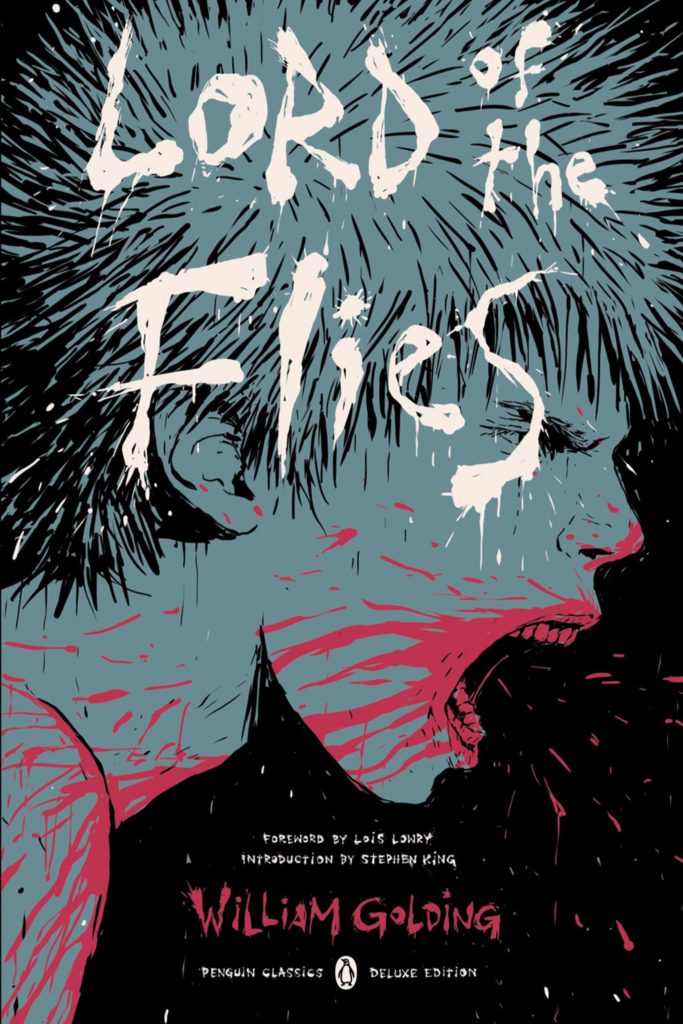
- Golding's novel is a brilliantly organized tale demonstrating the brutal descent into human anarchy within a closed society with limited resources.
Lord of the Flies
A mainstay within schools around the world, Golding’s ‘Lord of the Flies’ has been popularized due to its inclusion of children as the protagonists within an adult storyline. It follows a group of boys who are stranded on an island and describes the fracturing of the group as they descend into base tribalism, succumbing to violence as hunger and fear takes hold.
It is likely Simon, the gentle and quiet member of what we would call the “humane” tribe, that plays a significant but short role during the climax of the story. Understated, it is these intense passages that give us an inkling into the love Golding had for his characters, and in this case Simon, who, as is explicitly told by the “Lord of the Flies”, may very well be a symbolic representation of all the goodness of humanity.
The process of fracturing can sometimes be frustrating as the reader anticipates more consequential happenings, but this is perhaps a necessarily accurate representation of how silently base instincts may begin to take hold. Recommended for those that enjoy raw examinations of psychology and sociology.
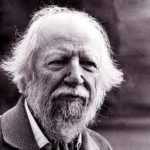
In 1988 Golding was appointed a Knight Bachelor. In September 1993, only a few months after his unexpected death, the First International William Golding Conference was held in France, where Golding's presence had been promised and was eagerly expected.
The novel Lord of the Flies is arguably Golding's most famous book. Considered a modern classic, the book is read in schools around the world today.

